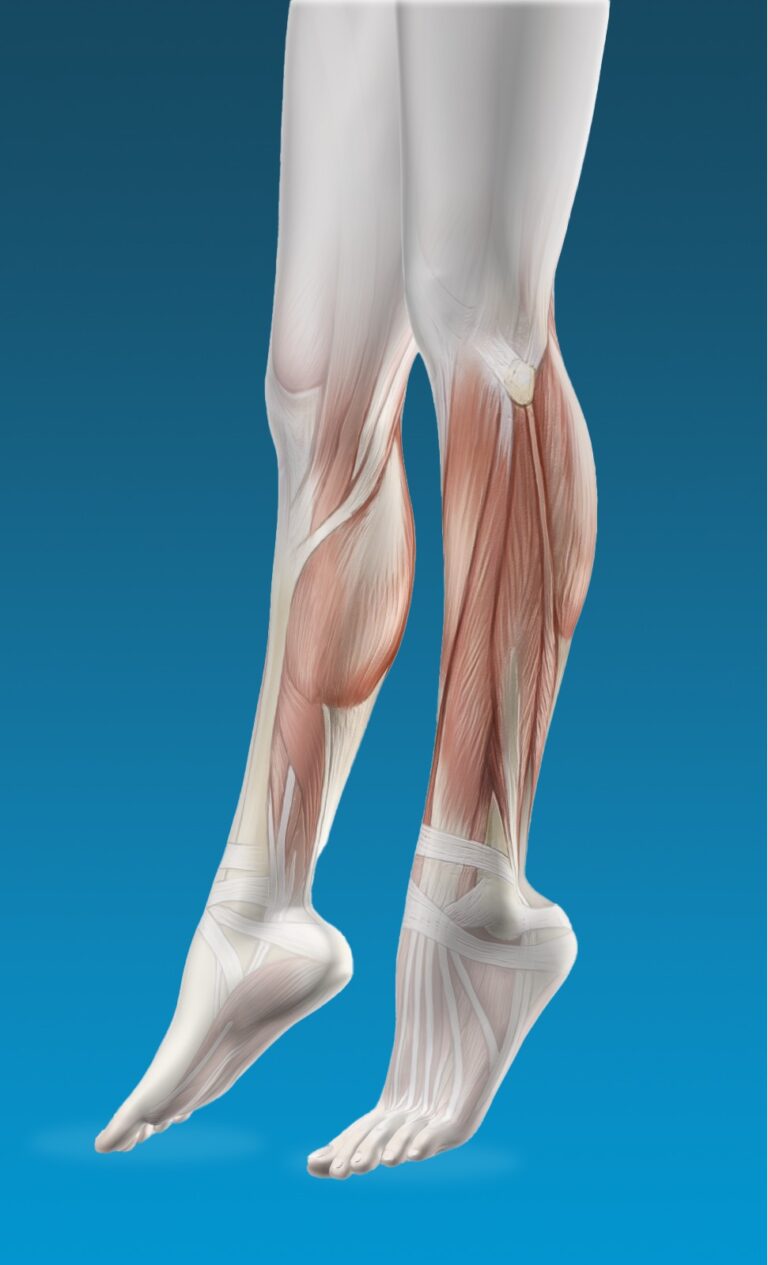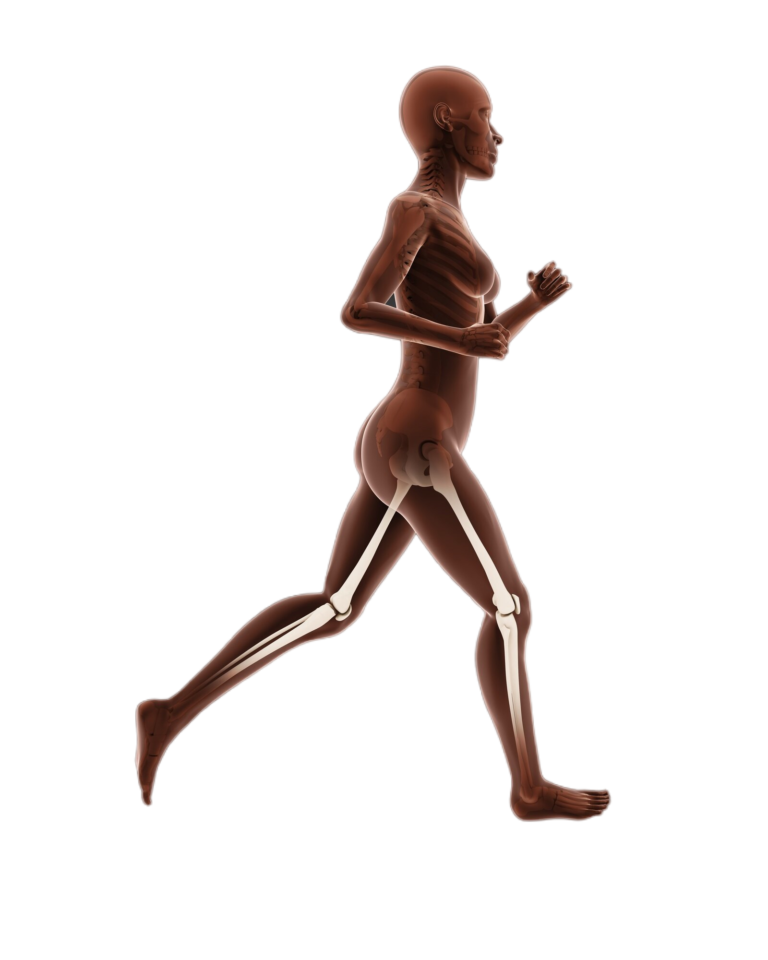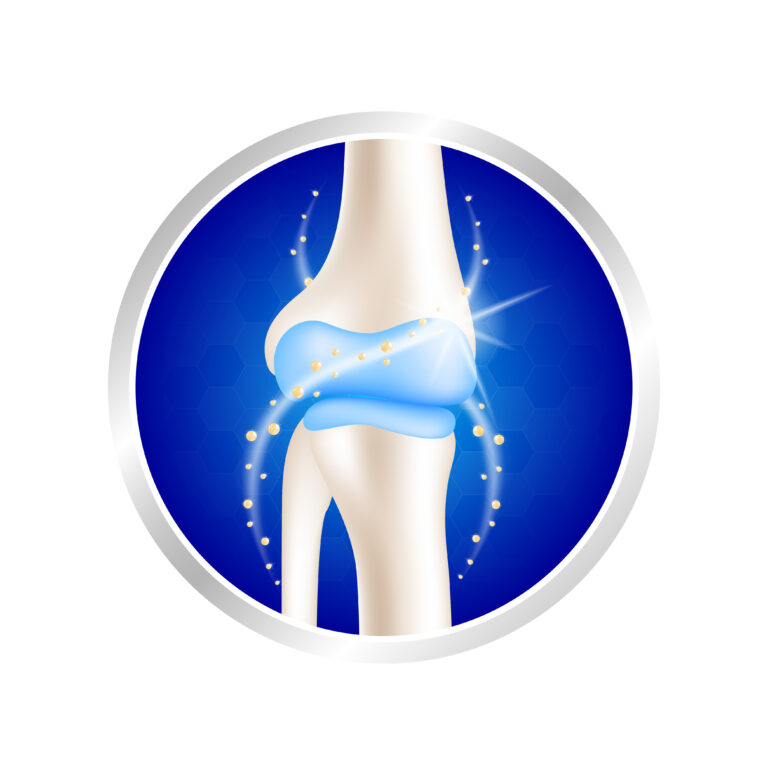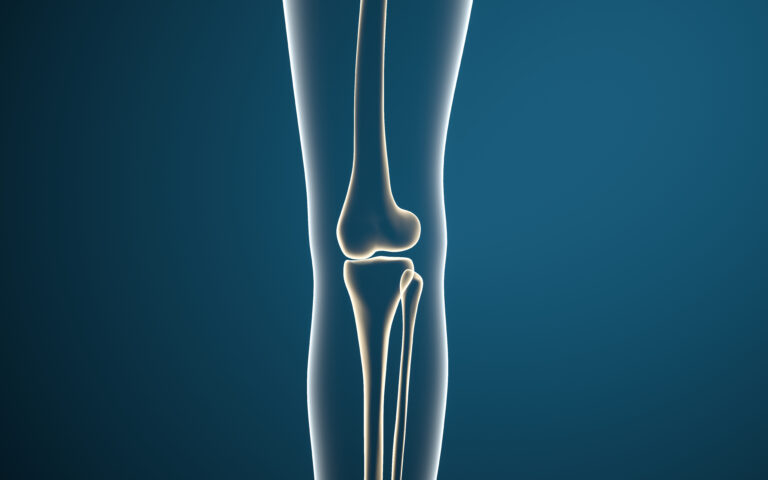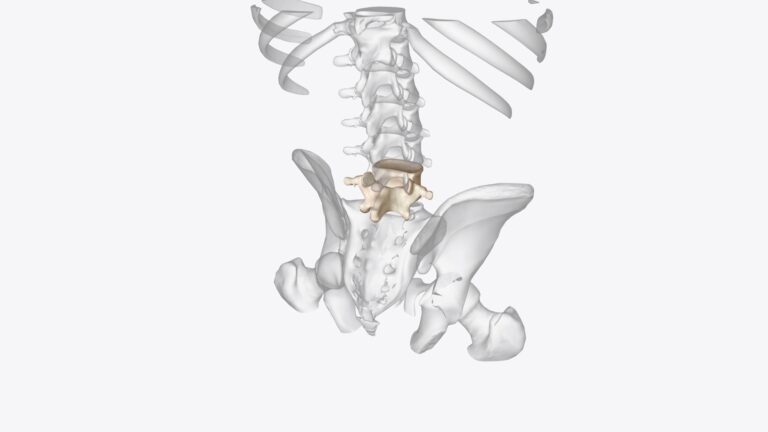
Rheumatoid Arthritis in Women: A Comprehensive Guide to Understanding Symptoms, Treatment Options, and Lifestyle Adjustments
Introduction
Rheumatoid arthritis (RA) is an autoimmune disorder that disproportionately affects women. Understanding its symptoms, treatments, and necessary lifestyle adjustments is vital for effective management.
1. Understanding Rheumatoid Arthritis
- What is RA?
- A chronic inflammatory disorder affecting joints, leading to pain, swelling, and eventual joint damage.
- Prevalence in Women
- Women are three times more likely to develop RA compared to men. https://www.who.int/news-room/fact-sheets/detail/rheumatoid-arthritis#:~:text=Scope%20of%20the%20problem,and%2Dmiddle%2Dincome%20countries
2. Symptoms of Rheumatoid Arthritis
- Common Symptoms
- Joint pain, swelling, stiffness (especially in the morning), and fatigue.
- Systemic Symptoms
- RA can also affect other organs, leading to systemic issues like anemia and lung problems.
3. Diagnosis and Treatment Options
- Diagnosis
- A combination of physical examination, blood tests, and imaging studies to assess joint health.
- Treatment Options
- Disease-modifying antirheumatic drugs (DMARDs), biologics, and corticosteroids are commonly used.
4. Lifestyle Adjustments for Managing RA
- Dietary Considerations
- Anti-inflammatory diets rich in omega-3 fatty acids and antioxidants can help reduce symptoms.
- Exercise
- Regular low-impact exercise can improve joint function and overall health.
5. Coping with Flare-Ups
- Identifying Triggers
- Stress, certain foods, and weather changes can trigger flare-ups; recognizing these can aid in management.
- Pain Management Strategies
- Utilizing physical therapy, heat/cold therapy, and medication during flare-ups.
Key Takeaway
Rheumatoid arthritis significantly impacts women’s lives. Understanding the symptoms, treatment options, and necessary lifestyle adjustments is crucial for effective management and improved quality of life.
Disclaimer
The information provided is for educational purposes only and should not be considered as medical advice. Always consult a healthcare professional for an accurate diagnosis and personalized treatment plan for rheumatoid arthritis. Treatment options and lifestyle adjustments may vary depending on individual health conditions. This content aims to raise awareness and support informed decision-making regarding rheumatoid arthritis management. Results may differ, and professional guidance is essential for effective treatment and care.

